Alex Cheong Pui Yin
28th March 2022 - 3 min read
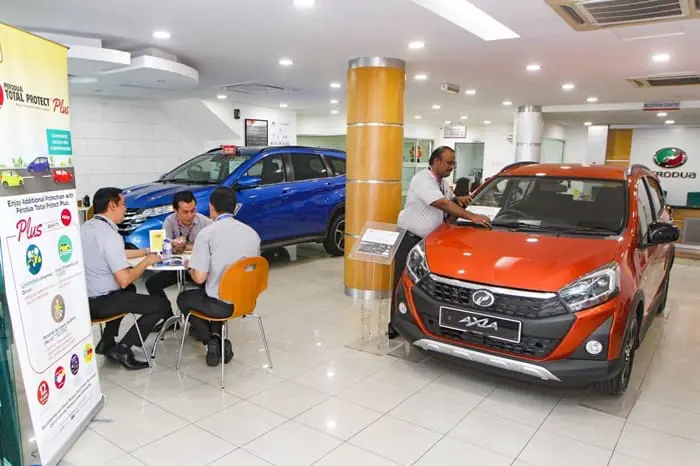
The Malaysian Automotive Association (MAA) has cautioned that the prices of locally assembled (CKD) cars may increase by 8% to 20% in 2023. This is if the government decides to go ahead with the implementation of the updated open market value (OMV) excise duty calculation method, which is slated to begin next year.
To explain, this new excise duty calculation method was originally introduced by the Malaysian government back in 2019, and was set to take place at the start of 2020. Unlike the previous method – which included only the profit and manufacturing costs of vehicles for its calculation – the new method takes into account the expenses incurred for the sales of the vehicles too.
In other words, the new method will also compute expenses such as advertising, warranty and trade royalty, as well as general and administrative costs – all of which will drive the excise duty up, and in turn, the prices of the cars. Due to public displeasure, the implementation of this new method was eventually postponed.
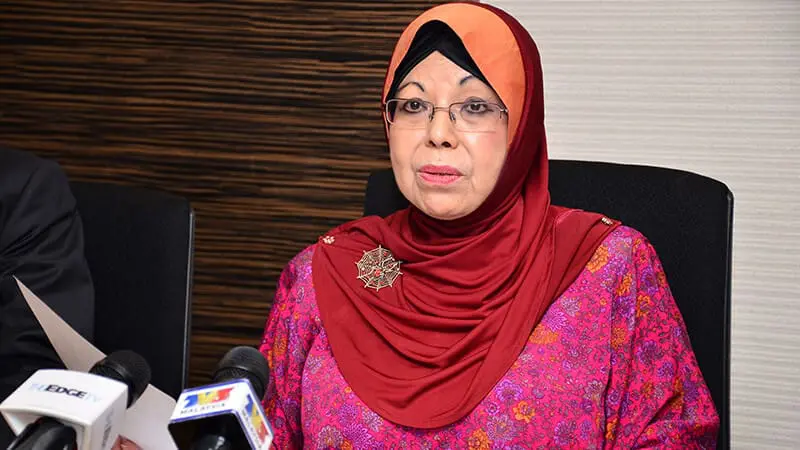
“The implementation of the excise duty was postponed in 2020 to end-2022, and will be enforced starting next year. We have already submitted a proposal to the Ministry of Finance (MOF) to revert to the previous policy which did not include non-manufacturing-related costs in calculating the OMV, thus lowering the car prices,” the president of MMA, Datuk Aishah Ahmad further explained, adding that MOF has yet to respond to them.
Additionally, Datuk Aishah stressed that automotive companies do not intend to increase their margins; any subsequent hike in car prices will be due to the increase in taxes. “Buyers will be the ones affected by this move, and this, in turn, will cause car sales to drop,” she said.
Aside from sending a proposal to MOF regarding the excise duty, the MMA said that it is also appealing to the government to further extend the sales and services tax (SST) exemption period for new vehicles until end-2022. This is so that car manufacturers can fulfil their backlog of orders, which has stretched up to six months because of shortages of various spare parts and raw materials – caused by the Covid-19 pandemic.
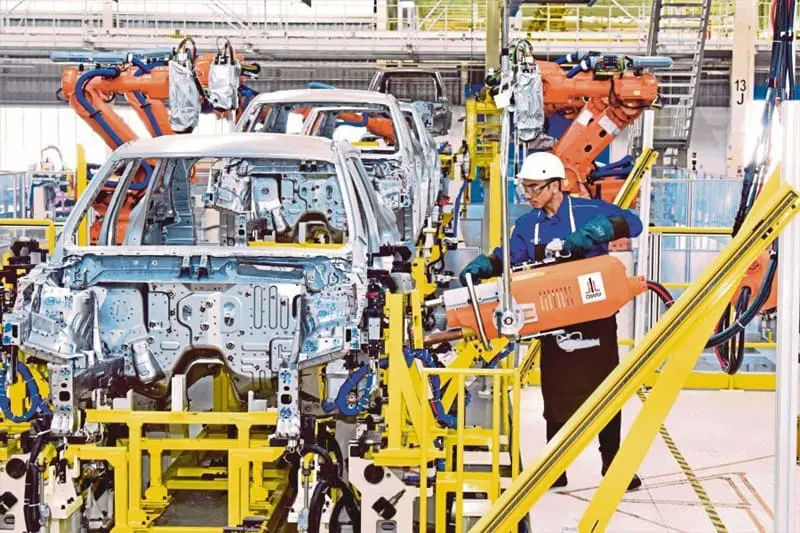
The current SST exemption – which sees CKD cars and fully imported (CBU) cars getting 100% and 50% SST exemption, respectively – is slated to end in June 2022. It was first announced as part of the PENJANA stimulus package in June 2020, and has been extended three times thus far: from December 2020 to June 2021, then to December 2021, and finally to June 2022 (under Budget 2022).
(Sources: Malay Mail, Paul Tan’s Automotive News)
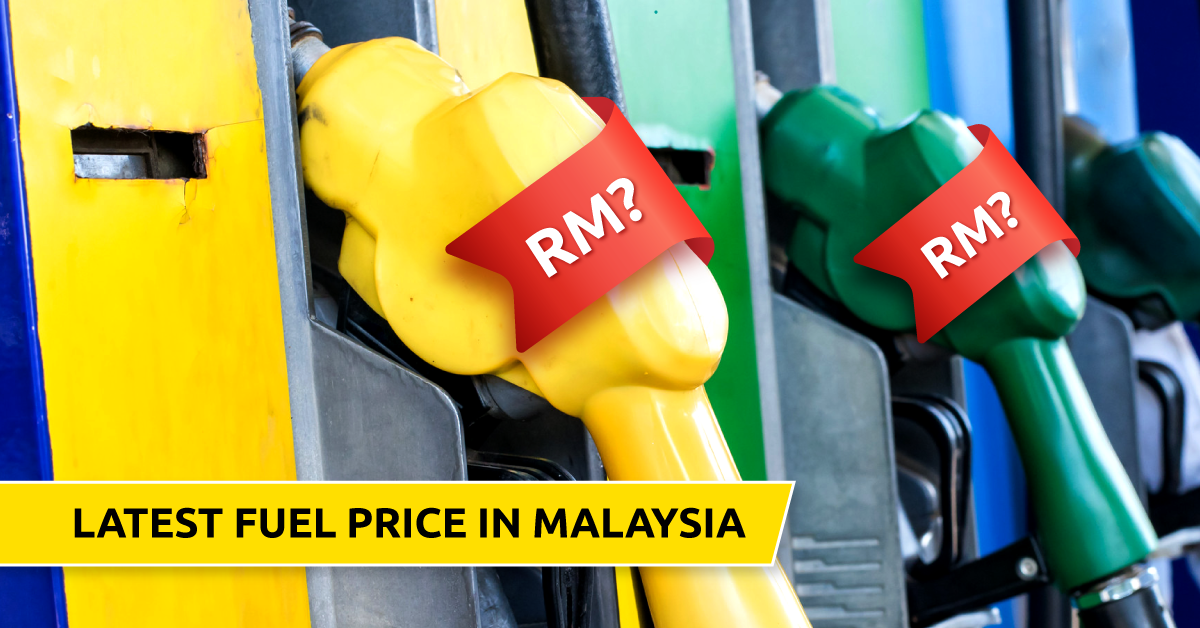
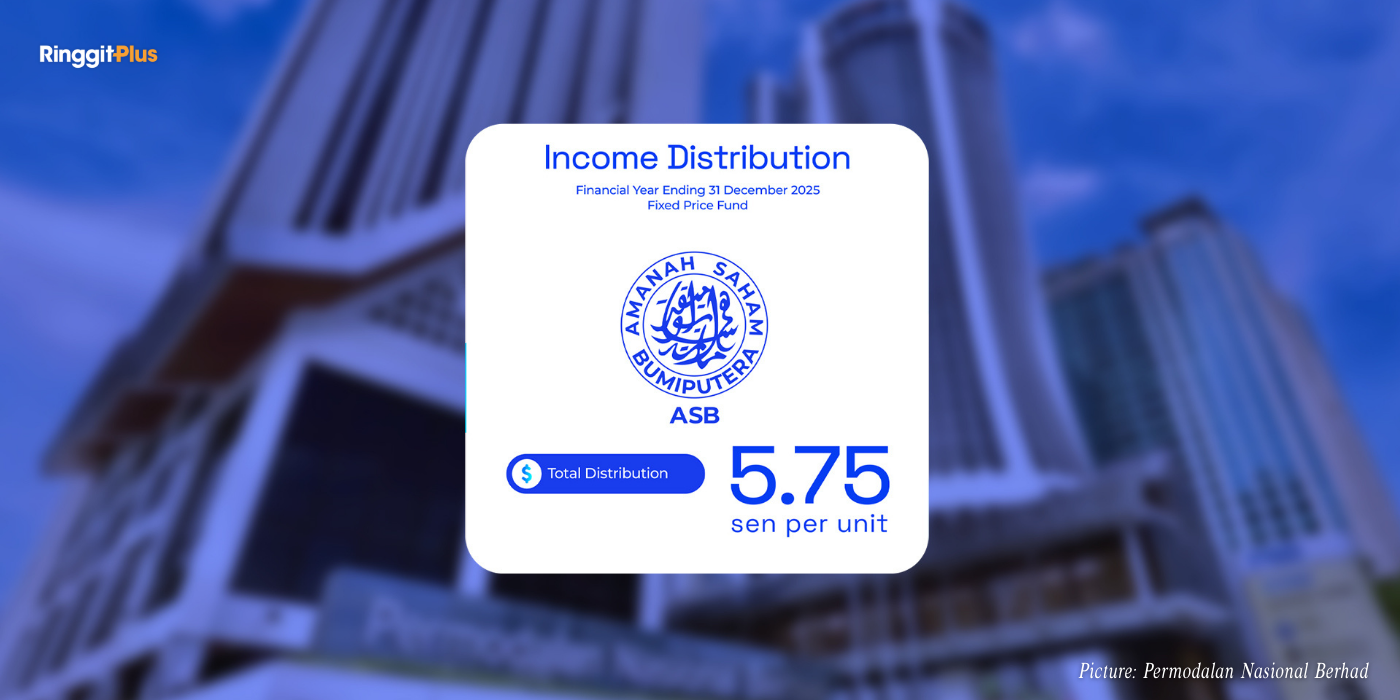

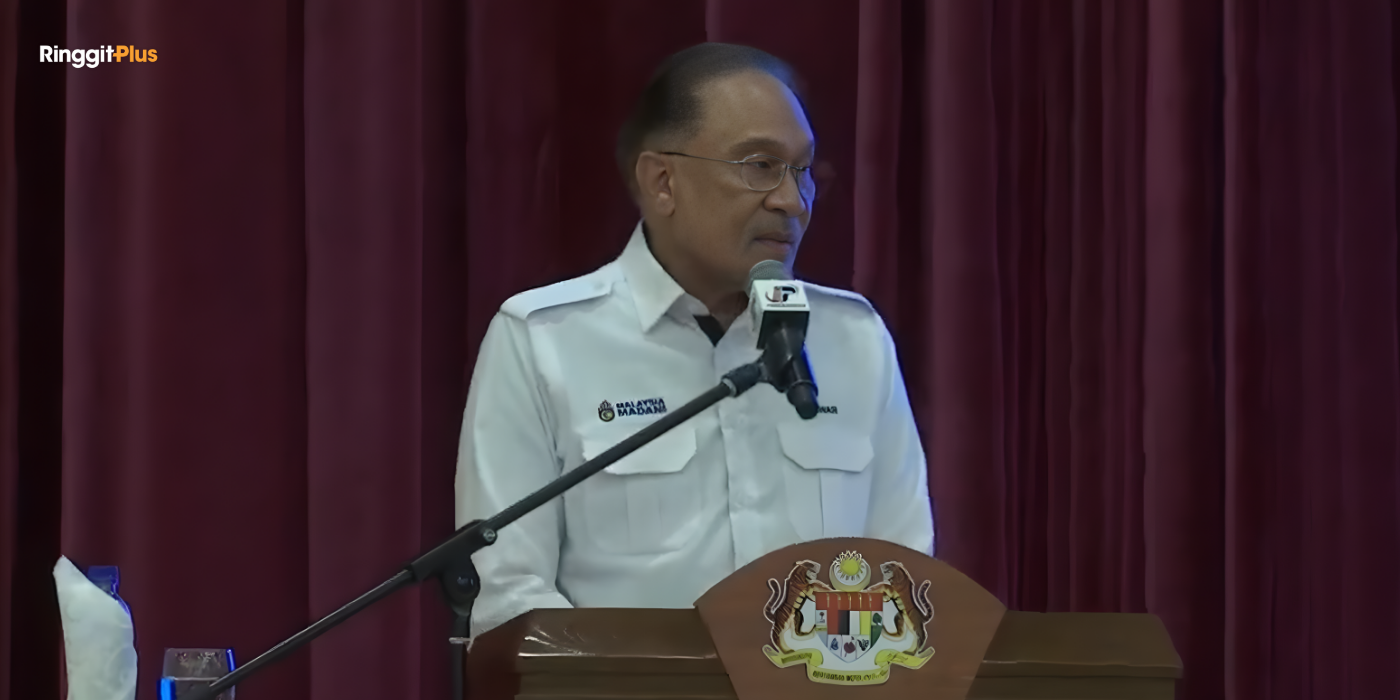

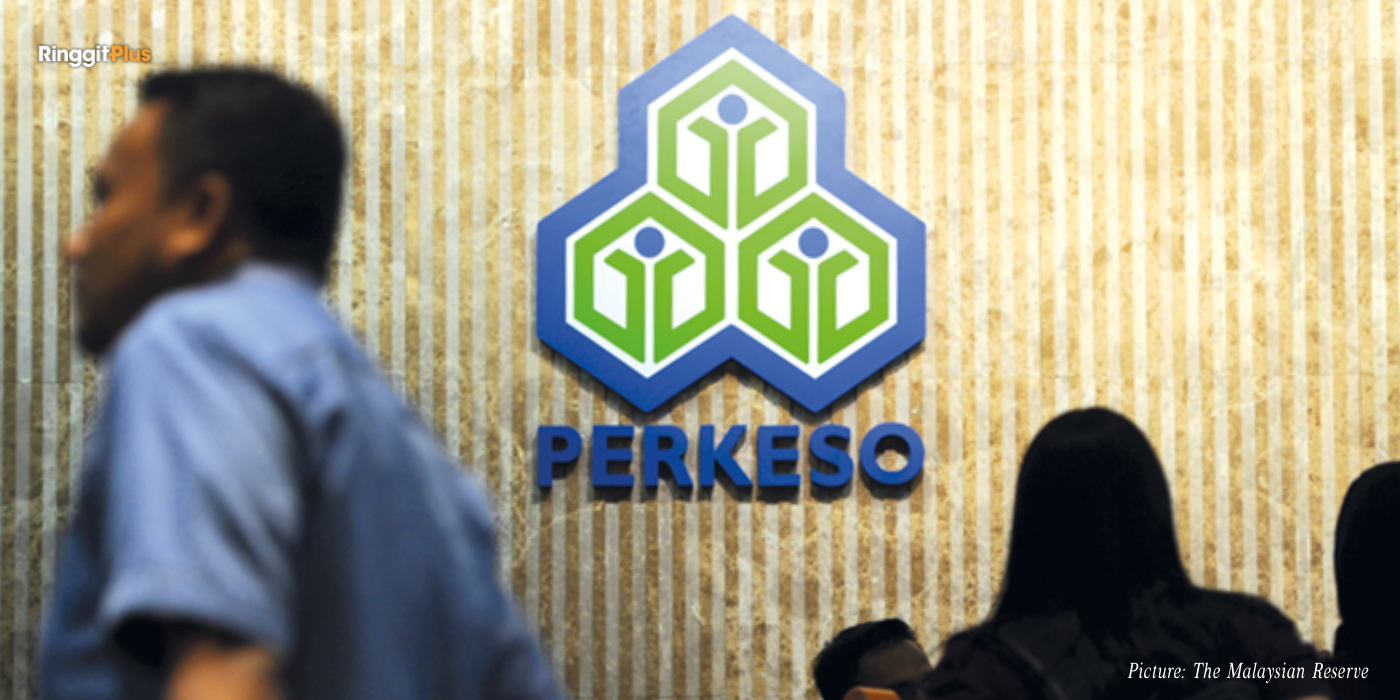
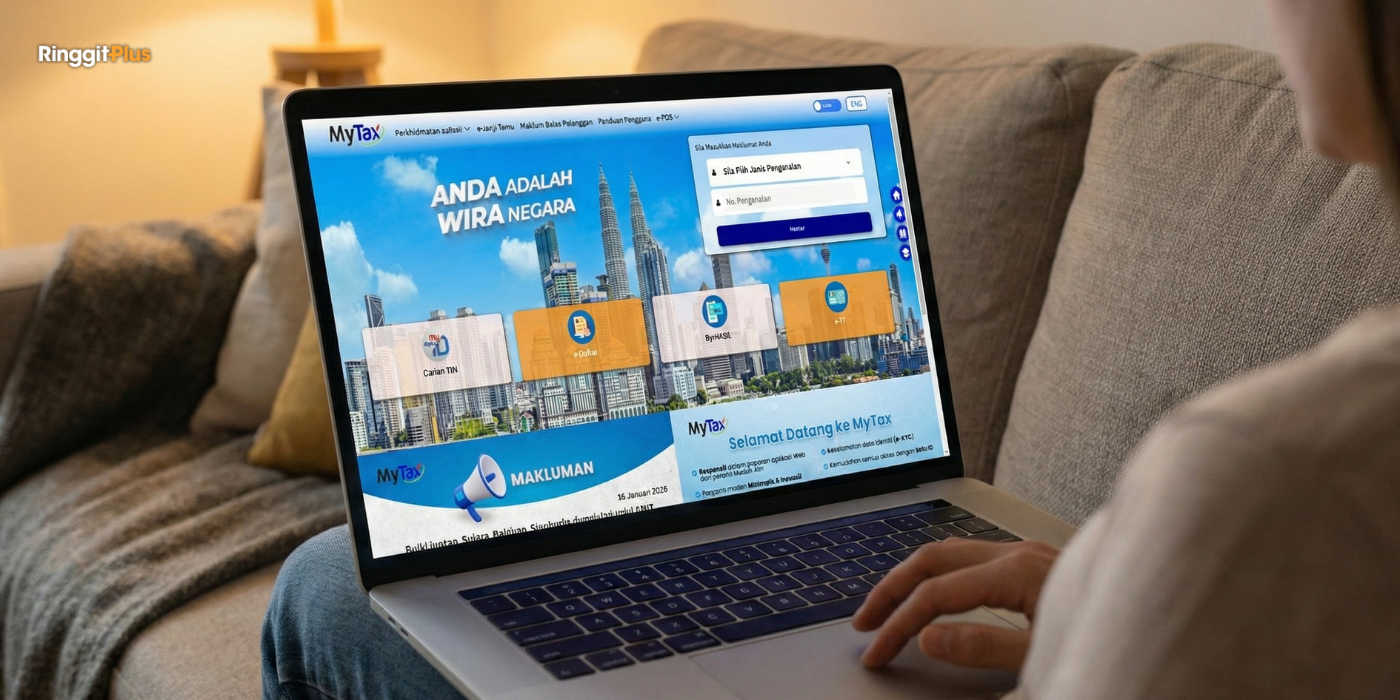
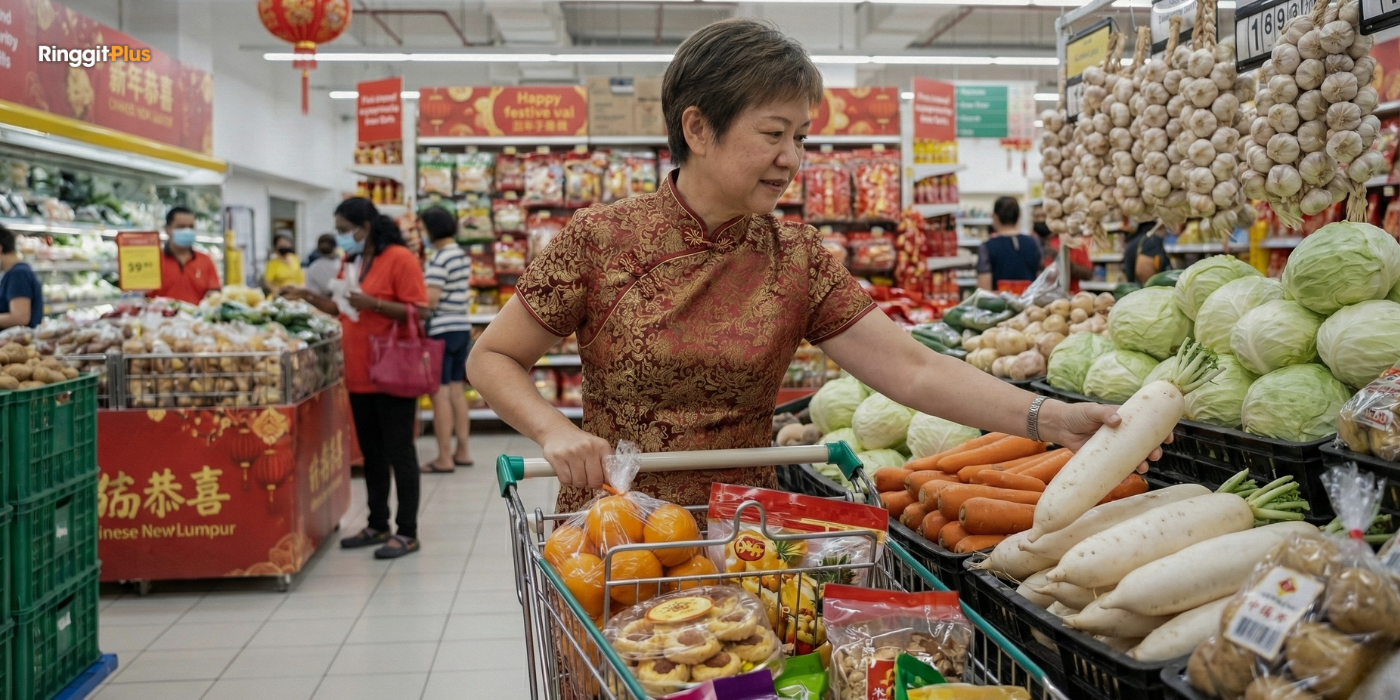

Comments (0)